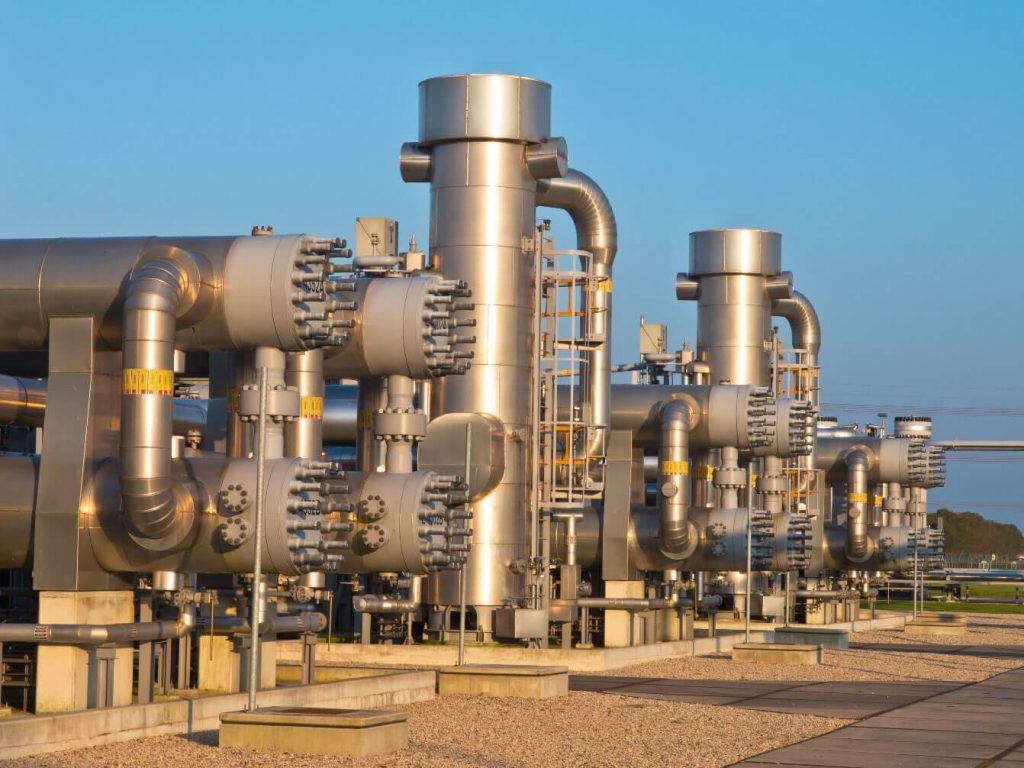
Gas cooperation between China, Turkmenistan
On Saturday, Chinese President Xi Jinping met with Turkmen President Gurbanguly Berdymukhamedov, who was in Beijing for the opening ceremony of the 2022 Winter Olympics.
Xi was the first to praise China-Turkmenistan relations. Regardless of international circumstances, he stated that China will always be a reliable friend and partner for Turkmenistan. China is eager to work with the country to deepen all-around mutually beneficial cooperation.
Xi emphasized that strategic cooperation in natural gas has effectively promoted both countries’ economic and social development. China is ready to work with the Turkmen side on long-term planning, exploring new opportunities, and elevating natural gas cooperation to a new level.
According to Xi, the two countries should expedite the establishment of a link between China’s Belt and Road Initiative and Turkmenistan’s development strategy to revitalize the Great Silk Road.
He also stated that China is ready to expedite the construction of a “Luban Workshop” as part of its efforts to assist the Central Asian country in training highly skilled personnel.
Concerning the COVID-19 pandemic, Xi stated that China is willing to strengthen vaccine cooperation with Turkmenistan.
Berdymukhamedov praised the Beijing 2022 grand opening ceremony in his remarks.
He stated that the two countries are the most dependable and trustworthy friends and partners.
European Gas market tightness
Low inventories, reduced deliveries from Gazprom, and increased geopolitical tensions in recent months have exacerbated the already constrained European gas market and prompted a search for additional supplies. The Russian government-controlled Gazprom has been the continent’s largest gas supplier, meeting roughly one-third of the continent’s gas demand.
Europe’s gas production has been declining, particularly in the Netherlands and the United Kingdom, where daily production fell by more than 40% on average between 2016 and 2021. The region has only a limited capacity to increase domestic gas supplies. Given Gazprom’s market share, European markets will continue to rely on Russian supplies in the short term. Nonetheless, current tensions over gas deliveries can cause medium- and long-term changes in the European market, including the formation of a more diverse supplier base. Although the EU is debating whether natural gas should recognize as a “bridge” fuel, the current crisis may hasten the energy transition and, in the long run, reduce the region’s reliance on gas.


